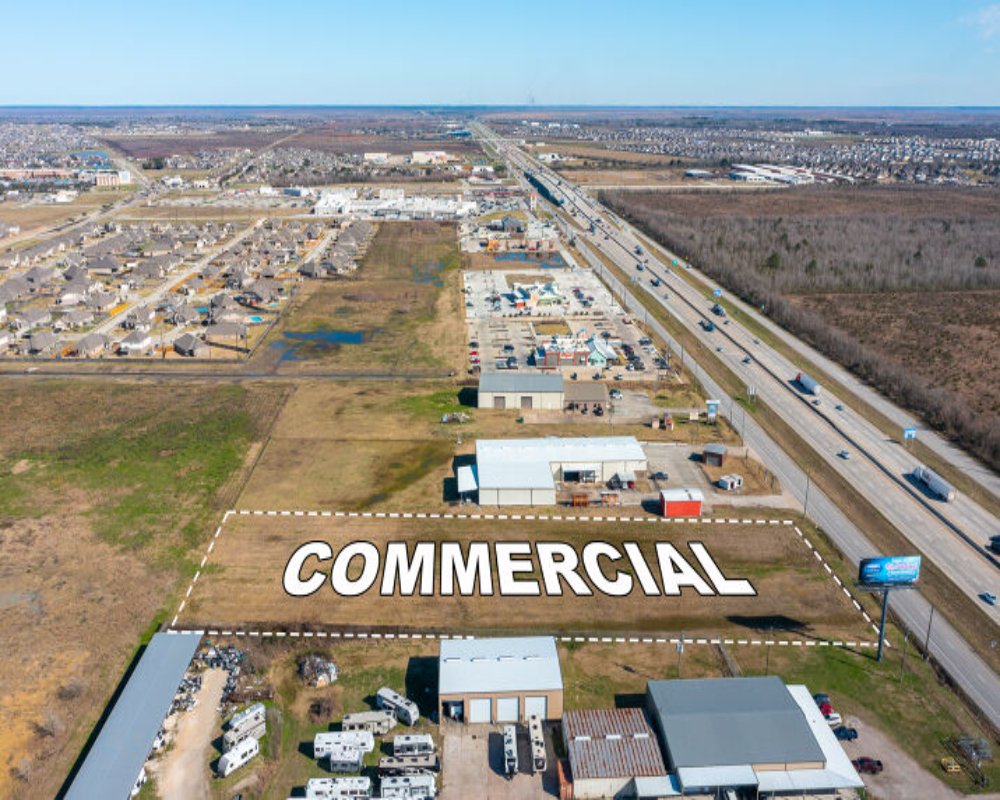1. Customer Accessibility and Visibility
The location of commercial land directly affects how easily customers can find and reach your business. A well-located site:
- Attracts high footfall or drive-by traffic
- Enhances brand visibility and physical presence
- Increases the likelihood of walk-in sales and repeat business
Retail stores, restaurants, and service-based enterprises especially benefit from being in high-traffic or prominent areas.
2. Logistics, Connectivity, and Infrastructure
For industries like warehousing, manufacturing, or distribution, location plays a critical role in supply chain efficiency. A strategically located parcel:
- Reduces transportation and shipping costs
- Provides better access to highways, ports, rail lines, and airports
- Ensures proximity to labor markets, suppliers, and logistics hubs
Strong infrastructure and connectivity lower operational delays and fuel long-term scalability.
3. Property Value and Investment Potential
Location significantly influences land value, rental income, and resale potential. Commercial land in growth corridors or upcoming development zones:
- Appreciates faster over time
- Attracts higher demand from tenants and investors
- Offers better returns through capital gains and lease revenue
Investing in the right location secures long-term profitability and protects against market fluctuations.


